Other
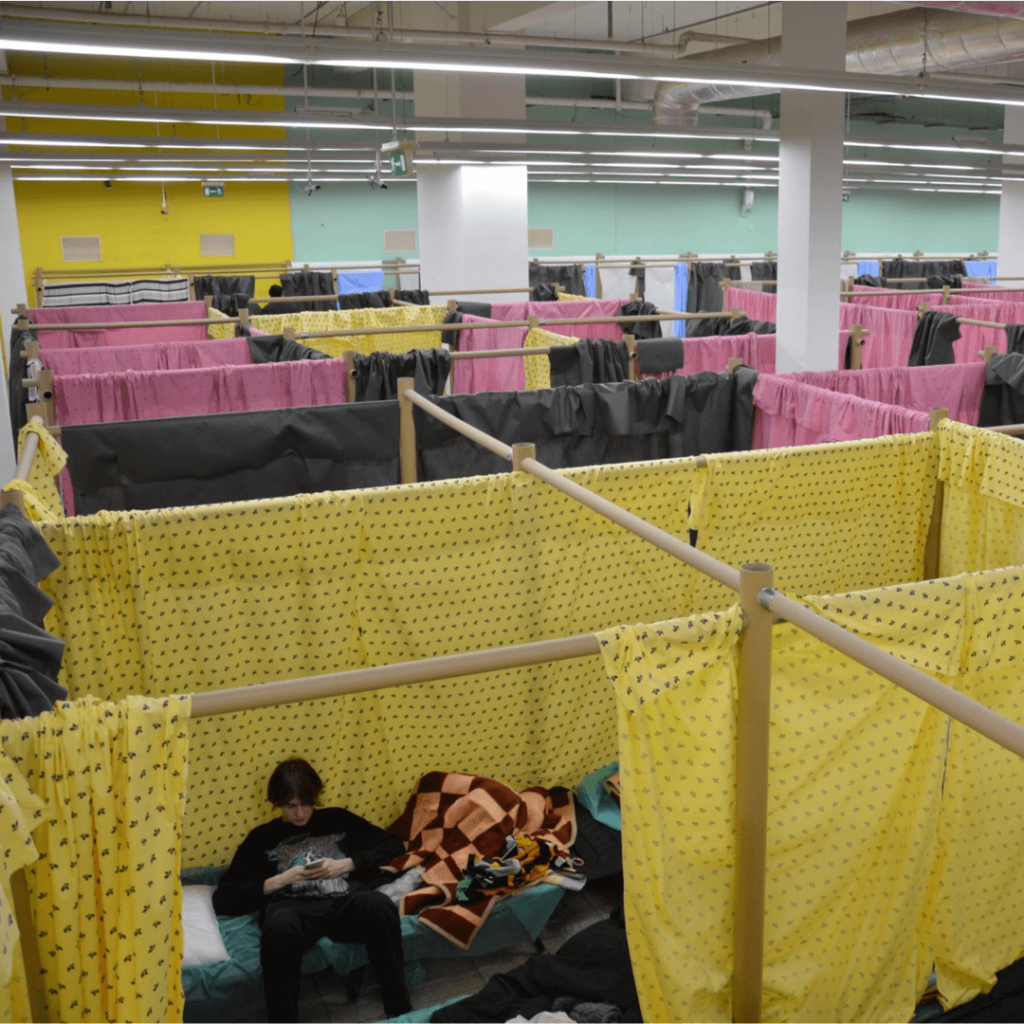
Architects build shelters for Ukrainians fleeing war
Japanese architect Shigeru Ban developed a partition system using rigid paper tubes — part of a humanitarian mission that has earned the design field’s highest accolades — in order to make ad-hoc facilities more livable for vulnerable families. On March 11, Ban tapped the Voluntary Architects Network, a nonprofit he founded in 1995, to lend a hand in Poland, where towns along the border have seen an influx of millions of refugees since Russia invaded Ukraine on Feb 24. Working alongside Polish architects as well as design students and volunteers — some arriving from as far away as Sweden — the organization has established refugee centers near Ukraine’s border, with others in the works across Europe. In Chełm, the first stop in Poland for train lines from central and northern Ukraine, volunteers used Ban’s paper-partition system to transform a vacant supermarket into a center for processing arrivals.

NGT forms panel to study and reduce menace of micro plastic in environment
The National Green Tribunal has formed a committee and directed it to conduct a study to reduce the menace of microplastic in the environment, reports Moneycontrol. A bench headed by NGT Chairperson Justice A K Goel said violation of environmental norms in the handling of plastics is resulting in serious adverse health effects on human beings. “It appears to be necessary to ensure strict compliance of environmental norms and to undertake further study to consider whether the existing policies of enforcement of environmental norms need to be revisited in any manner in the interest of human health,” the bench, also comprising Justices Sudhir Agarwal and Pushpa Sathyanarayana, said. The tribunal’s order came after taking cognisance of a media report that in absence of enforcement of environmental norms on the subject, small particles of plastics enter the blood cells of the human being through food, having adverse health impacts.
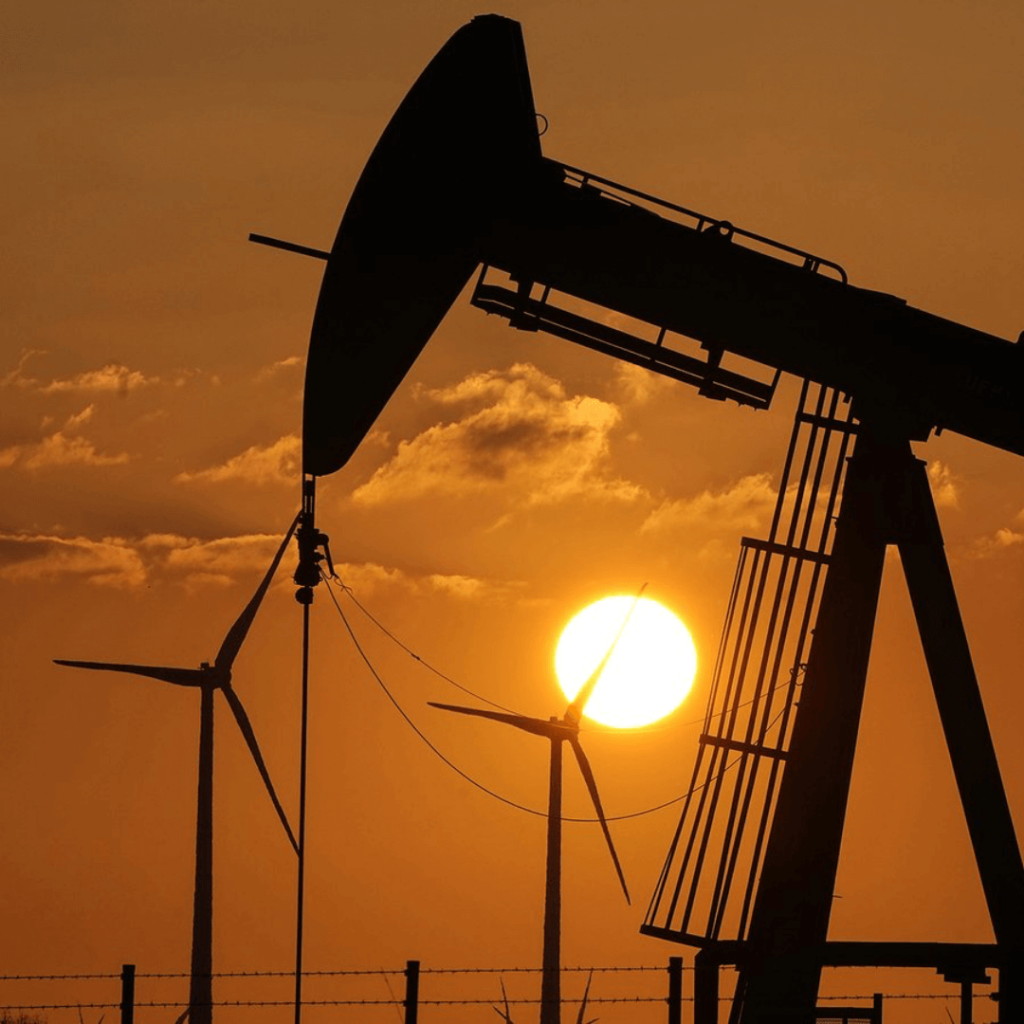
Advocates in Ukraine document eco crimes
The Russian invasion of Ukraine has caused catastrophic loss of life, widespread displacement, and a growing global food crisis, reports Global Citizen. The conflict has also extensively harmed Ukraine’s natural environment, highlighting the many ways in which war devastates biodiversity and contributes to the climate crisis. Advocates and organisers within Ukraine have documented hundreds of environmental crimes that together, they argue, warrant the charge of ecocide by international courts. These crimes include attacks on industrial facilities that contaminate groundwater supplies and airways and the deliberate bombing of wildlife refuges and other important ecosystems. In recent years, a growing narrative has argued that the climate crisis is a national security threat that demands military investments. But while a deteriorating environment does, in fact, threaten people, few things fuel the crisis quite like war, which props up the global fossil fuel industry by locking in oil, gas, and coal demand, according to the Conflict and Environment Observatory (CEOBS).
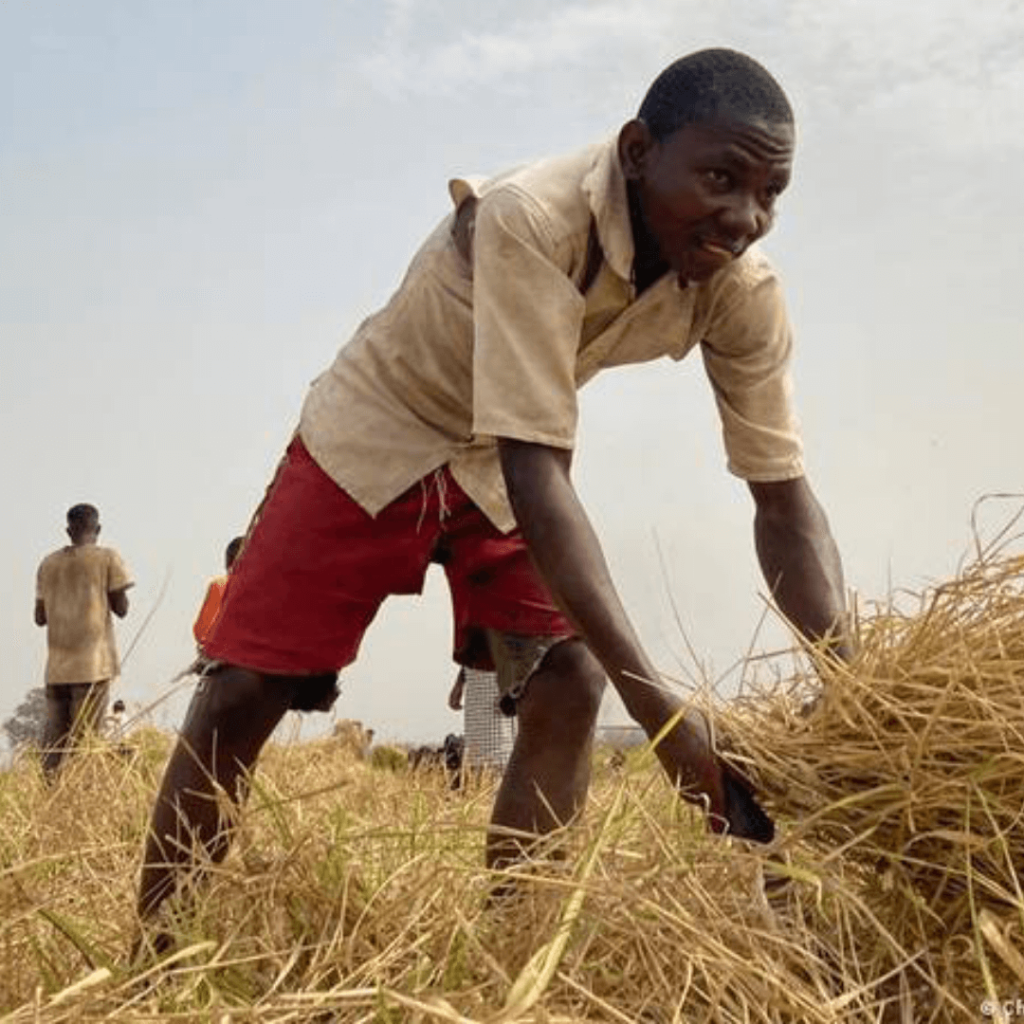
West Africa facing worst food crisis in 10 years
The ongoing food crisis has left 27 million people in West Africa in a state of hunger, a number that could increase by 11 million over the next few months, according to a report published on April 4 by several non-governmental organizations. The report stated that between 2007 and 2022, the number of people in need of food assistance in the West African region increased from 7 to 27 million.
Frontline reports that the forecast number of people going hungry would mark a record high as global food security has taken a hit from the Russian invasion of Ukraine, as well as other factors such as the worsening effects of climate change and the COVID-19 pandemic. “Family food supplies are running out. Drought, floods, conflict, and the economic impacts of COVID-19 have forced millions of people off their land, pushing them to the brink,” said Assalama Dawalack Sidi, Oxfam’s regional director for West and Central Africa.
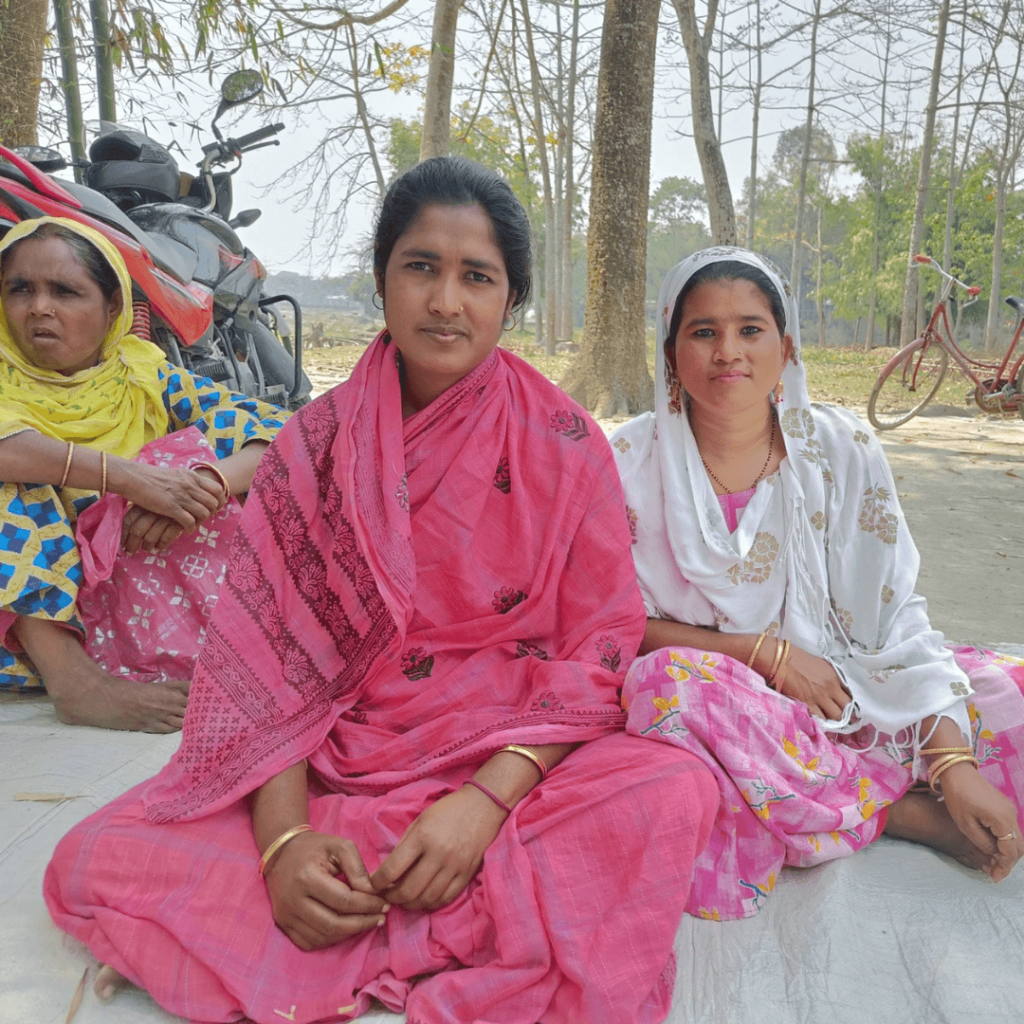
Many disaster-hit people in Assam choose not to migrate
Most victims of climate-related disasters do not want to leave their homes and communities, and many develop new livelihoods and coping strategies – yet this is often overlooked in adaptation policies, reports The Third Pole. In India, data is not available on the number of people who choose not to migrate in the face of disruptions and disasters related to climate change. But the data that does exist reveals a strong preference to remain, even in the face of repeated hardship. A 2021 study of households in coastal Bangladesh found that 88% chose not to migrate, despite living in “climate hazard-prone areas”. Globally, between 2008 and 2016, around 85% of people threatened by natural disasters did not migrate, according to data from the International Organization for Migration and the Centre for Research on the Epidemiology of Disasters. (This includes those without the means to migrate as well as those who chose not to.)
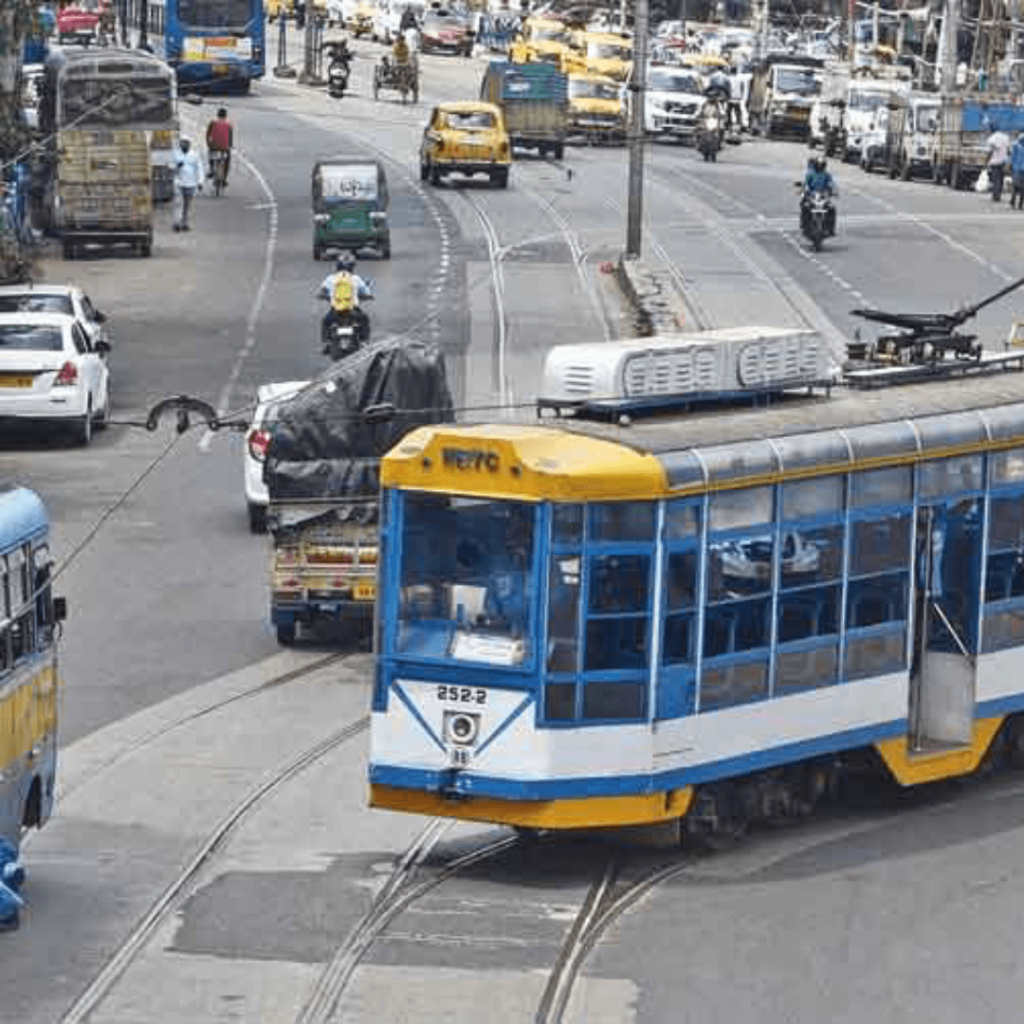
United Nations panel pats Kolkata for public transport
The public transport of Kolkata has got an international recognition with a detailed mention in the just published UN report on climate change and is being cited as an “illustrative case study” to showcase how integrated action can combat climate change. The report, titled “Climate Change 2022: Mitigation of Climate Change”, has pointed out that actions on several public transport modes “contributed positively in bringing down the trend of greenhouse gas emissions per unit of GDP to half in one decade” in the Kolkata metropolitan area, “with potential for further reduction”.
In chapter 5 of the 2,900-plus-page report, Kolkata’s transport model figures among nine international case studies showcased. Apart from the one on Kolkata, the case studies are from Indonesia, Brazil, Ghana, China, European Union, Germany, Finland and Uganda.
